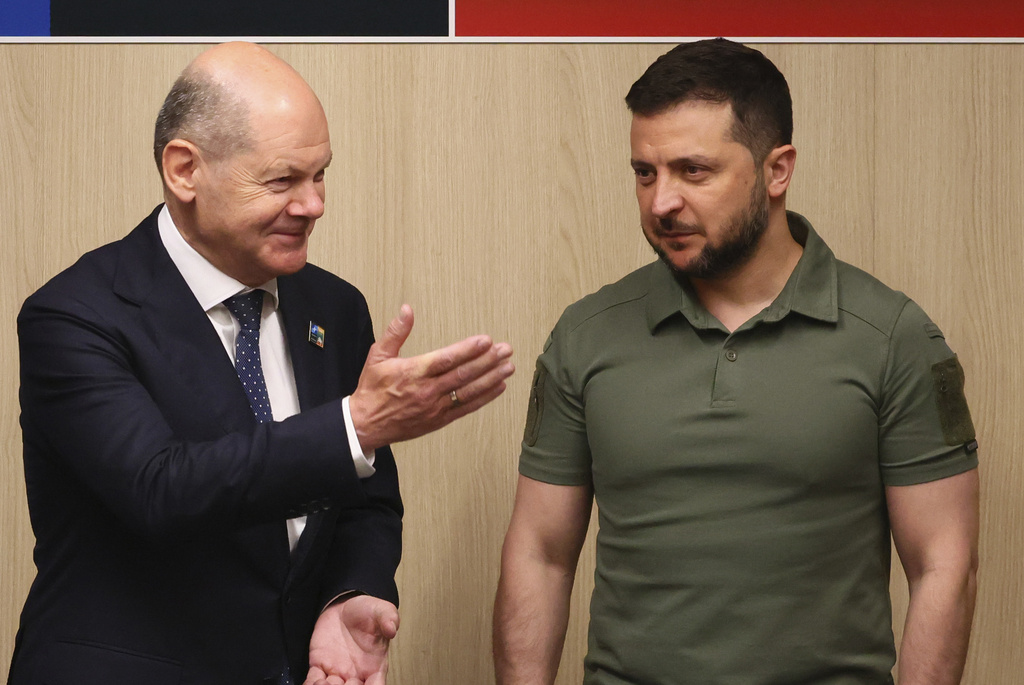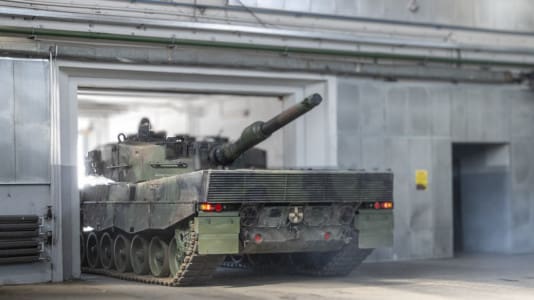Several weeks ago, observers began to notice a distinct change in the political direction of Ukraine’s President Volodymyr Zelensky. However, the broader public only became aware of this change after his remarks in New York. The reaction to these comments exposed some of the worst aspects of public debate: conflating politics with personal feelings and swinging wildly between love and hate.
Some viewed President Zelensky’s return to the policies of his predecessors as a betrayal, while others smugly claimed they had predicted it. Yet, the most crucial takeaway, the need for a “Plan B” in politics, went largely unmentioned.
Given Germany’s treatment of Ukraine in 2022, which starkly revealed Germany’s unwavering interests in the east and Ukraine’s role in them, it was surprising to see Zelensky’s team seemingly ignore this lesson. They appeared to revert to the policies of Yanukovych and Poroshenko, which had previously paved the way for Russia’s creeping and then full-scale aggression.
Despite the sacrifices made by the Ukrainian people, the country remains a former Soviet republic, plagued by corruption and governed by shifting alliances of oligarchs. It’s hard for Poles to criticize, as Poland itself took over a quarter-century after formally regaining independence to change a similar situation. The Sovietization of Poland was incomparable to that of the Ukrainian SSR.
The recent turn in Zelensky’s policy towards a pro-German stance marks a new phase in this game of interests. Central to understanding this shift are Germany’s interests. Germany aims to maintain its power in Europe and, as Chancellor Scholz openly declared, to “take full responsibility for Europe.”
War in Ukraine has undermined Germany’s advantages: access to cheap Russian energy and chemical resources, the use of cheap labor in China for manufacturing, and the relocation of high-emission industries outside the European Union.
Germany’s plan for a “zero-emission” Europe only made sense if European energy could be shifted to Russian gas and eventually hydrogen. However, when imports were halted, Germany faced soaring energy prices, threatening its economic strength. Another unrelated issue for the German economy is a labor shortage. Its migration policy, which assumed that migrants would be motivated to join the workforce after receiving benefits, proved misguided.
Germany can potentially address these three challenges – resources, cheap labor, and relocating high-emission industries – by tapping into Ukraine’s resources and has already made efforts to attract Ukrainian refugees from Poland. While many Ukrainians have relocated to Germany and brought their families, less than half have found employment there. The rest, like migrants from the south, rely on Germany’s generous social welfare.
In addition to EU membership, Germany tempts Ukraine with support for its NATO membership. However, the key to NATO lies with the Americans, who don’t see an immediate expansion of the alliance as in their interest.
Germany believes that post-war Russia, regardless of its form, will agree on its presence in Ukraine and the security of its investments there. This agreement is a prerequisite for the funds Germany has promised Zelensky for future reconstruction.
This situation implies that by submitting to Berlin, Kyiv might indirectly be yielding to Moscow. For Germany, which envisions its power in a Bismarckian paradigm, Russia remains a more critical partner, while Ukraine is merely a resource to be exploited.
In this plan, there’s no room for Poland as a strong player – it must be sidelined. This became especially urgent when Germany learned of Poland’s rapid economic growth, which has taken many by surprise.
The choice is simple: If Ukraine wants to be in the Russian-German bloc, then they will be our enemy. If they want to be in a bloc with Poland and America, then it will be in our interest to support them.
Until Poles are certain of this, and until Ukrainians create irreversible facts indicating a choice of sovereignty rather than the role of a German subordinate, we must carefully calculate our moves towards Ukraine and limit our support for them only to situations that benefit us. The principle is straightforward: Either you will be our ally, or, just like everyone else, we will treat you merely as a resource to be exploited.






